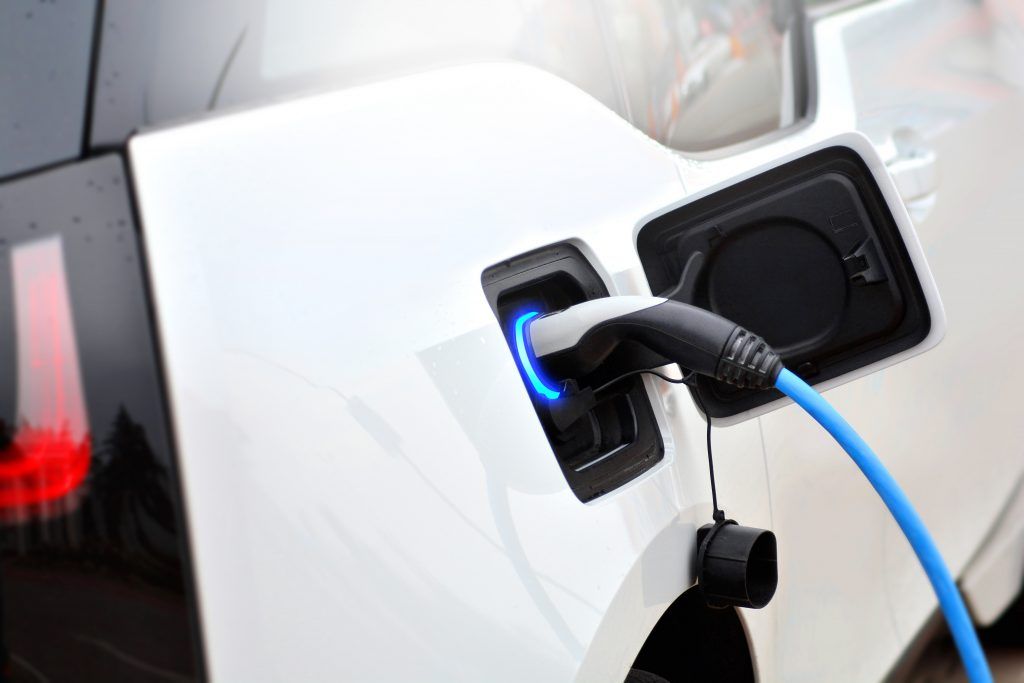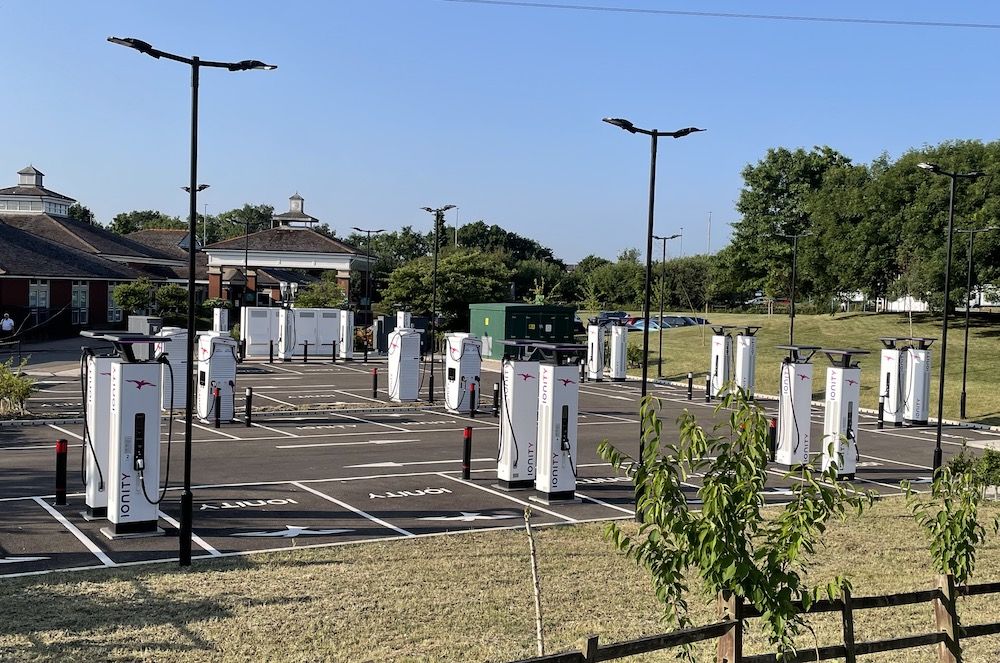Electric vehicle (EV) experts praised Lord Sugar’s “EVs are the future of transport” comment on BBC The Apprentice‘s episode on the subject.
The latest episode saw candidates making a “creative advertising campaign” for an electric vehicle. Although there was criticism by some of EVs, Lord Sugar was clear on the benefits.
Following the episode, Alvin Castillo, Head of Procurement at Octopus Electric Vehicles, has laid out the debunking the most common misunderstandings associated with electric vehicles.
1. EVs are expensive
Castillo said that “prices are falling all the time”.
He said: “We’re racing towards price parity with old school cars, but in the meantime, we need to consider the total cost of running the car, which is far cheaper.
“On average, maintenance and fuel costs are much lower for EVs than petrol or diesel cars, and you could enjoy savings of up to £150 a month on fuelling your car, like many of our drivers do. You also won’t pay any congestion fees or any road tax until 2025.
He also highlighted how incentives such as salary sacrifice make EVs more affordable.
2. You can’t travel far with an EV battery
Castillo said: “A typical electric vehicle battery range is anywhere between 100 to 300 miles. The average journey most of us make is under 25 miles.”
3. EV batteries need to be replaced after 5 years
Most EV batteries come with an 8 to 10 year – or 100,000-mile – warranty, “so you won’t have to worry about replacing your EV battery anytime soon”, he aded. “Some manufacturers are also considering offering lifetime warranties, so it’s clear that batteries last.”
4. There aren’t enough EV charge points in the UK
“There are over 50,000 public charge points currently available across the UK,” he continued, “with hundreds of new ones being added to the network every month. So there’s plenty of charging capacity.”
5. It takes a long time to charge an EV
Castillo explained: “As most people who have a home charger installed charge their cars overnight, this isn’t something most of us need to worry about. But if you’re on the move and need a quick boost, rapid charge points can recharge a battery in as little as 20 minutes.”
6. EVs aren’t ‘greener’, what about emissions from their manufacturing and electricity generation?
He said: “We burn fossil fuels to manufacture and power regular vehicles. Recent analysis from BloombergNEF concluded EVs had lower emissions.
“By 2030, the difference will be even more stark, as we continue to move towards renewable energy sources and more environmentally friendly power generation overall, EVs will continue to be the greener and more sustainable option,” Castillo concluded.
Image from Shutterstock














